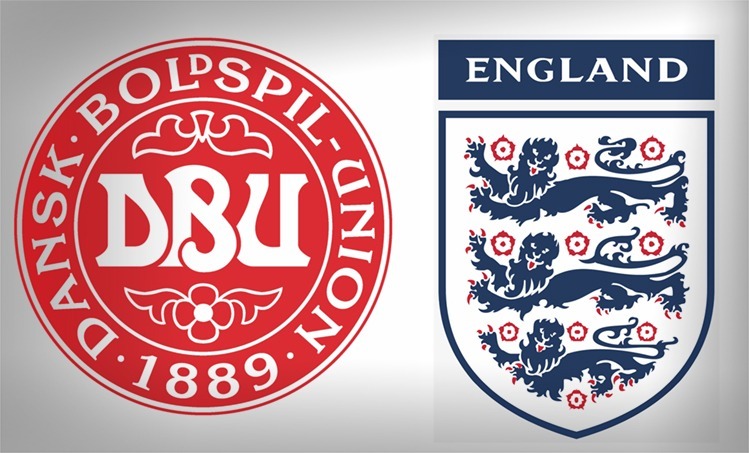Although England was one of the lucky winners in various predictions before the start of UEFA EURO 2020, there was also much pessimism about the team’s results; especially since England had made the World Cup or UEFA Euro championships many times before with a star team, but had not been able to reach the finals.
England boss Gareth Southgate, however, has led his team to the semi-finals of Euro 2020, where the team has not conceded a single goal in five matches so far.
Stable Forward Performance in UEFA EURO 2020
The English national football team started UEFA EURO 2020 with a slow rhythm. They had a good offensive in the first 20 minutes of the opening match against Croatia, but then started lagging; of course, they got three points in the game.
In the second match against Scotland, England did not perform well and the result was a 0-0 draw. In the third game, although the English defeated the Czech Republic and climbed to the top of the fourth group with 7 points, the performance of Southgate’s team was not convincing for many English football experts.
The English team’s technique, however, reached a peak during the game against Germany in the round of 16. Harry Kane, who had not scored in any of the three group stage games, finished by scoring England’s second goal in a 2-0 win over Germany.
England played 3-4-2-1 against Germany, while in all three group stage games the English coach used the 4-2-3-1 system.
Denmark, a Team Challenging the Giants!
The Danish story of UEFA EURO 2020 is reminiscent of what the team experienced in Euro 1992. Denmark did not advance to the Euro finals, but UEFA left the former Yugoslavia out of the tournament due to the Balkan War, and Denmark, who had replaced the team, made it to the championship, with a surprise defeat against Germany in the finals.
At EURO 2020, Denmark lost their star player “Christian Eriksen” in a rare incident during the first match, when up to an hour after the incident it was feared that “Eriksen” may lose his life.
The overall statistics recorded by England and Denmark in the last 5 matches show that the style of play for the two teams is very similar. The figures for the average possession of the ball, the average number of passes per game and the percentage of correct passes per game for the two teams are close.
What has made things harder for the Danish players is the unpredictability of the English squad. Southgate changed the squad in all the games, and even devoted an important part of the conversation to this at the press conference which was held before the match with Denmark, saying:
“I actually had to think a lot about which players would be shortlisted. I have 23 players left, and the difficult part of my job is how to organise and manage this group of great players together.”
Why is England More Likely to be a Finalist?
England has a slightly better chance of reaching the finals than Denmark. England is on home turf at Wembley and that’s not all; only a team whose goal has not been opened even once can endanger their opponent’s goal on a free kick.
England scored two of their four goals against Ukraine on free kicks. England’s left-back, Luke Shaw, has been one of the championship’s best players, scoring three assists in his last two games against Germany and Ukraine.
John Stones and Harry Maguire at the heart of the English defense had a very good performance against Germany and Ukraine, and Sterling and Kane also reached their desired form in the most important part of the championship and were substituted after about 60 minutes in the game with Ukraine to be physically fit – appropriate for facing Denmark.
Although Denmark is not an easy opponent for Southgate and his players, England’s manager wants to live up to the promise he made to his teammates after the game against Germany at EURO 1996: “Wipe the memory of failing to reach the Euro finals by losing a penalty.”
This is Southgate’s personal mission, which he has defined for the media and borne the brunt to reach UEFA EURO 2020 final. A mission that, if carried out, would erase the memory of that penalty and take England to the finals of important championships (the World Cup and the UEFA) for the first time since the 1966 World Cup.

